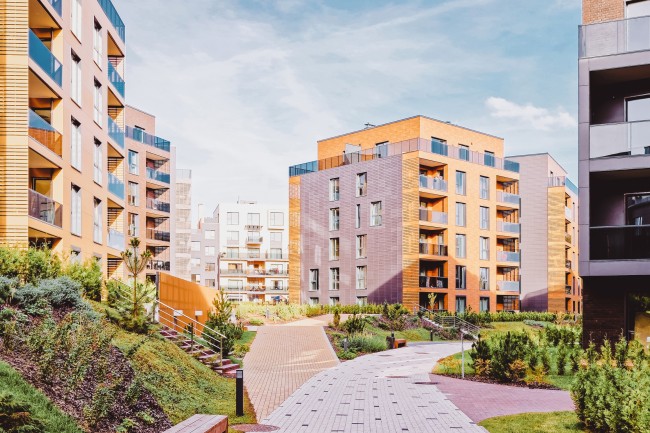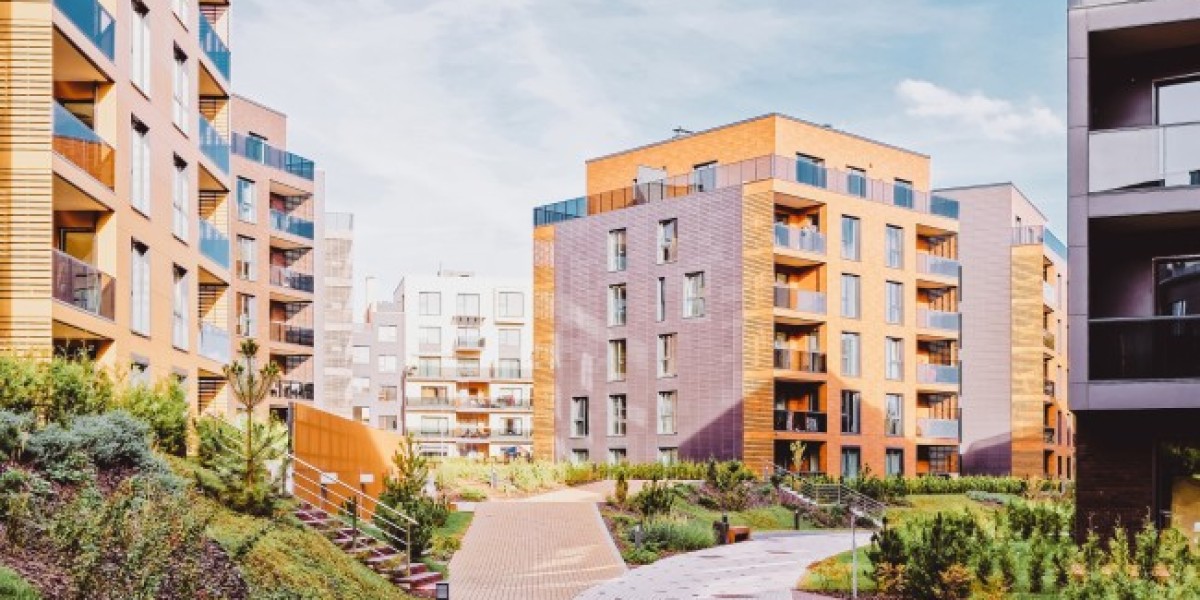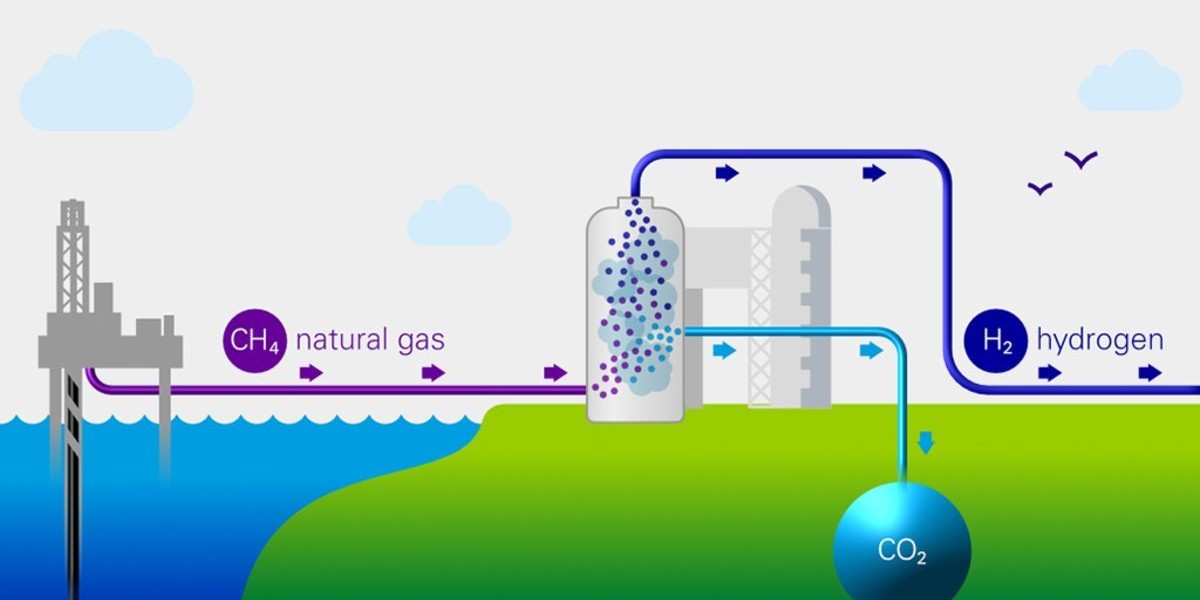It encompasses a wide range of activities, from the initial identification of land or existing properties through to the sale or lease of the developed real estate. Here's a breakdown of the key stages in the real estate development process:

- Land Acquisition: Developers identify and acquire suitable land or properties for development. This involves researching market trends, assessing zoning regulations, and negotiating purchase agreements.
- Feasibility Analysis: Developers conduct a thorough analysis to assess the financial viability and feasibility of the project. This includes evaluating factors such as market demand, construction costs, potential returns on investment, and regulatory requirements.
- Design and Planning: Once the project is deemed feasible, architects, engineers, and other professionals collaborate to design the development. This stage involves creating blueprints, obtaining necessary permits, and ensuring compliance with local building codes and regulations.
- Financing: Developers secure financing for the project through a combination of equity investment, loans, and other forms of financing. They may work with banks, private investors, or other financial institutions to fund the development.
- Construction: Construction begins once financing is secured and all necessary approvals are obtained. This stage involves building the project according to the approved plans, managing contractors and subcontractors, and ensuring quality control and safety compliance.
- Marketing and Sales/Leasing: As construction nears completion, developers market the property to potential buyers or tenants. This may involve advertising, hosting open houses, and working with real estate brokers to attract interest and secure sales or lease agreements.
- Property Management: After the development is completed and sold or leased, developers may continue to be involved in managing the property. This includes tasks such as maintenance, tenant relations, and ensuring that the property remains profitable and well-maintained over the long term.
Throughout the entire process, real estate developers must navigate various challenges, including economic fluctuations, regulatory hurdles, environmental concerns, and changing market conditions. Successful real estate development requires careful planning, financial expertise, market knowledge, and effective project management skills.



